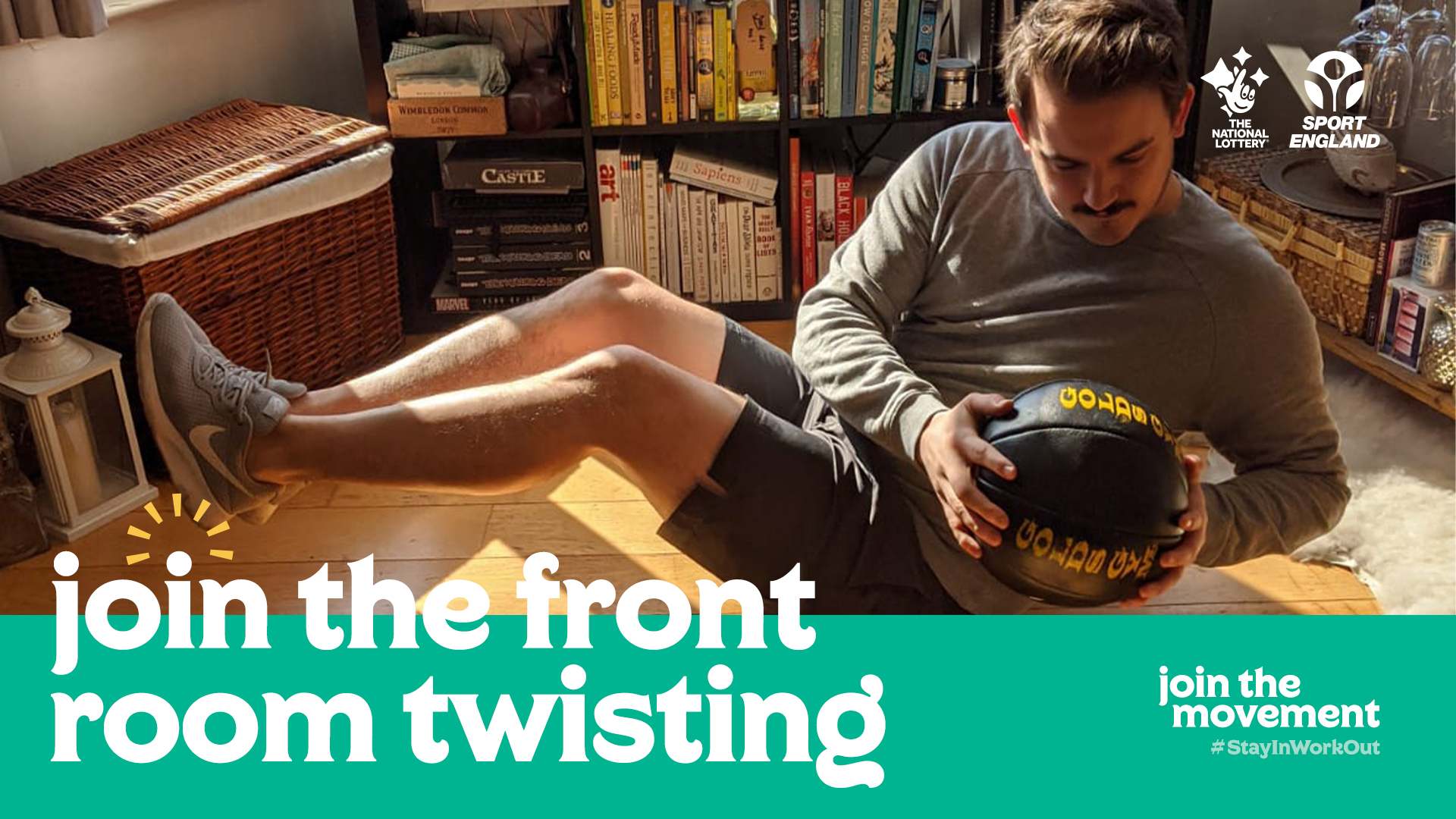Covid-19 has undoubtedly impacted lives across the entire globe. As part of our efforts to increase physical activity levels across the Liverpool City Region (LCR) we felt it was vital to hear from local residents on how COVID-19 was having an effect on their physical activity regimes.
It’s why we initiated our recent COVID-19 LCR Physical Activity Survey Article and thanks to the support of our partners we were able to get in excess of 800 responses.
Here we share some of its findings and look at a research collaboration with Manchester Metropolitan University which we’re now involved in as a result of initiating our survey.

Physical activity
The findings of our survey showed us that working conditions have changed, with 52% of respondents currently working from home. Participants are also finding new ways to be active, with 40% saying their activity is higher when compared to a typical week. This could also be helped by 43% of respondents saying they placed a higher priority of physical activity once restrictions started. This could have been aided by the government’s early restrictions allowing for physical activity to be a reason to leave the house.
Mental Health
The survey has also highlighted an area of focus that we feel is important for employers and policymakers. That is that 46% of respondents felt that restrictions had negatively affected their mental health. There is clear research to show that physical activity has a positive effect on mental health, but whilst cooped up indoors and with gyms closed, it’s been hard to find the motivation to stay active.
Motivations and barriers
In the survey, we also asked some open questions about motivations and barriers to activity. We found that respondents had more time available to do physical activity and due to the time that our survey went out, they were also enjoying the nice weather that coincided with the early part of lockdown.
Respondents we’re also finding a better work/life balance while working from home which assisted them to be active. Unfortunately, those with children found that they had less time each day due to childcare and homeschooling.
We had some reinforced learnings in that respondents are struggling to keep a routine and those with dogs are still reaping the mental and physical health benefits of walking and caring for their dogs.
Conclusion
Overall, the results of our survey shown some positives and negatives of the COVID-19 lockdown/restrictions. If policymakers can take the positives and reinforce them when we further return to normality, we can encourage having more time and work/life balance from working from home and using that time to increase activity levels when gyms, classes and leisure centres return to normal service.
Manchester Metropolitan University collaboration
With the effects of the pandemic expected to be felt by society for a long time to come and the impacts of that not fully understood we were delighted to have the opportunity to build on the success of our own quantitative survey.
We joined forces with Manchester Metropolitan University and a wider group involved in a further study into the effects of COVID-19 on the sport and physical activity sector. The collaborative research group, comprising Manchester Metropolitan University, Sport England and 5 north active partnerships (Merseyside, Cheshire, Lancashire, Manchester & Yorkshire) looks set to output one of the largest qualitative studies of its kind.
Key focus areas include:
A deeper granular understanding of these audiences and the impact on their behaviours, motivations and attitudes will be critical to understanding their support needs as lockdown restrictions ease and organisations and individuals begin to come to terms with a ‘new normal’.
We’re pleased to be able to contribute vital research and insight expertise to help support our sector’s recovery.
Web Design by Twentytwo